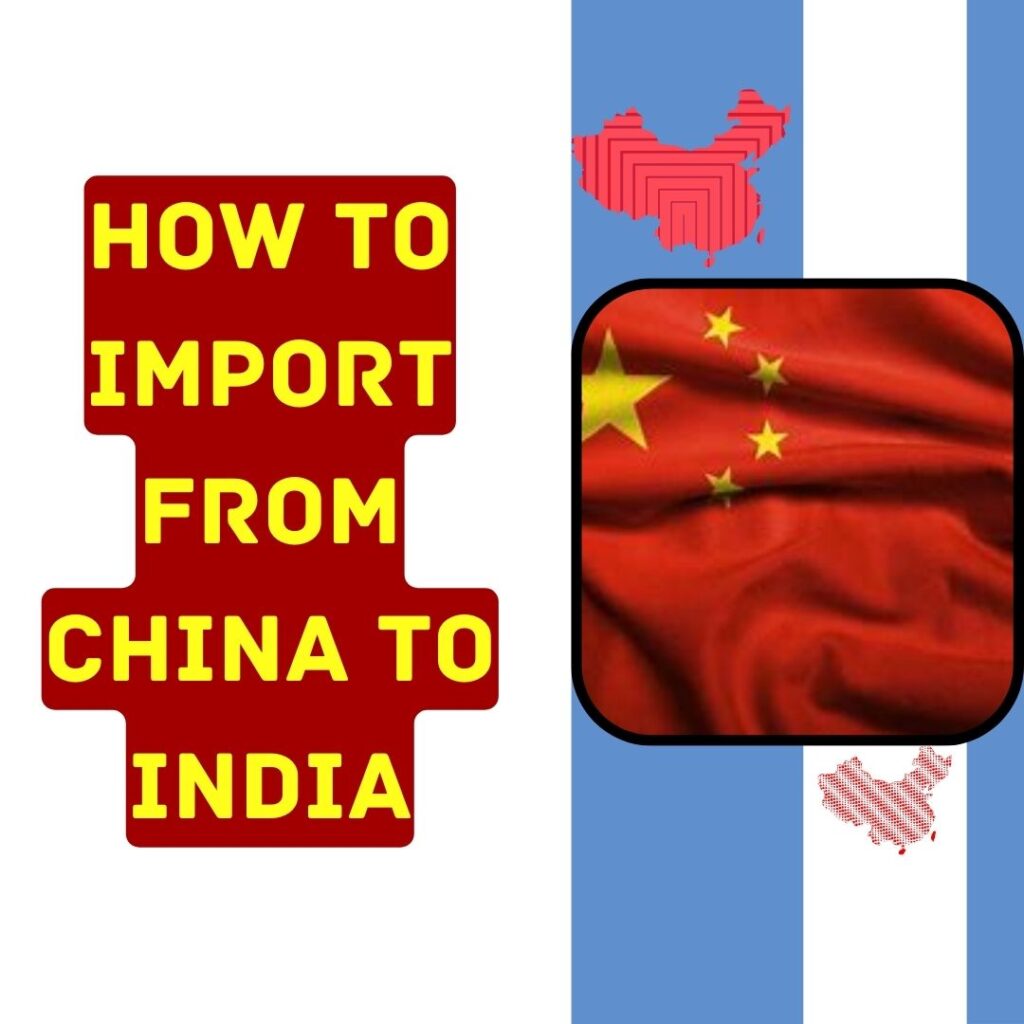Identify the product you want to import and conduct thorough market research to understand the demand, competition, and potential challenges.
Legal Requirements:
Obtain an Importer Exporter Code (IEC) from the Directorate General of Foreign Trade (DGFT) in India. This is a mandatory requirement for importing goods.
Choose a Reliable Supplier:
Find a reputable supplier in China. Verify their credentials, check for references, and consider using platforms like Alibaba or Global Sources to connect with reliable manufacturers.
Negotiate Terms and Conditions:
Negotiate the terms of trade, including the price, quantity, quality standards, payment terms, and shipping terms with your Chinese supplier.
Documentation:
Ensure you have all the necessary documentation, including the commercial invoice, packing list, bill of lading, certificate of origin, and any other documents required by Indian customs.
Shipping and Freight:
Choose a reliable shipping method (air, sea, or land) based on the nature of your goods and budget. Consider hiring a freight forwarder to handle the logistics.
Customs Clearance:
Work with a customs broker in India to facilitate the customs clearance process. Ensure that all required documents are submitted to customs authorities for clearance.
Duties and Taxes:
Be aware of the applicable import duties, taxes, and other charges. Make sure you have the necessary funds to cover these costs.
Quality Control:
Consider implementing quality control measures, such as hiring a third-party inspection service, to ensure the products meet your specifications and quality standards.
Distribution and Storage:
Plan for the distribution and storage of your imported goods. Decide whether you’ll store them in a warehouse or ship directly to retailers.
Compliance with Regulations:
Ensure that your imported goods comply with Indian regulations and standards. Certain products may require additional certifications or approvals from relevant authorities.
Insurance:
Consider getting insurance for your goods during transportation to protect against potential losses or damages.
Payment:
Make payments to your Chinese supplier as per the agreed-upon terms. Consider using secure payment methods to minimize the risk of fraud.
Build Relationships:
Establish and maintain good relationships with your suppliers and partners. Effective communication is crucial for a successful importing business.
Remember that the process may vary based on the nature of your business and the products you are importing. Consulting with professionals, such as customs brokers and legal advisors, can provide additional guidance tailored to your specific situation.

